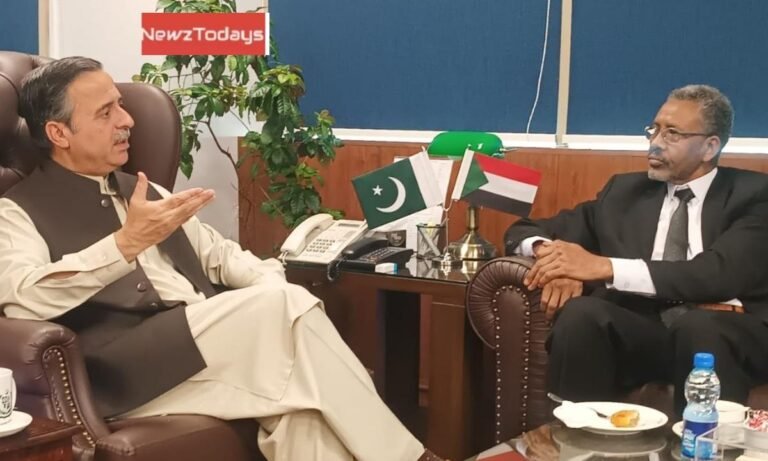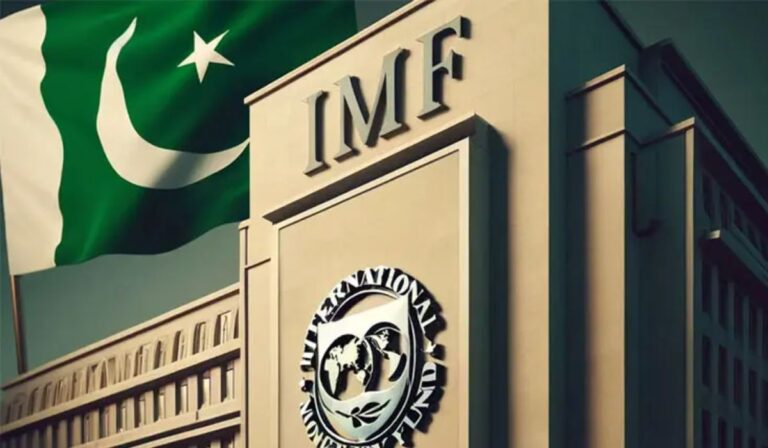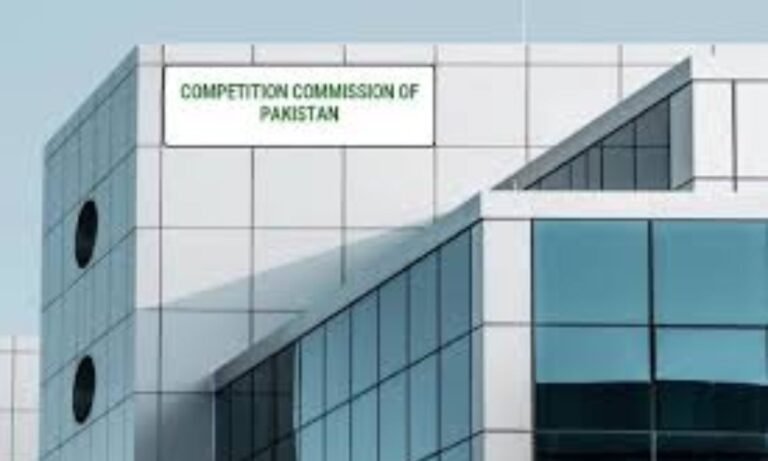Pakistan entered the second round of economic review talks with the International Monetary Fund, presenting data on tax collection, fiscal performance, and widening revenue shortfalls.
The IMF voiced concerns over missed revenue goals after the Federal Board of Revenue disclosed Rs11.74 trillion collection against an ambitious annual target of Rs12.97 trillion.
Officials attributed the shortfall to weakening economic activity, declining inflation, devastating floods, and prolonged court cases that continue to delay recovery of more than Rs250 billion in disputed taxes.
They warned the quarterly goal of Rs3.1 trillion remains difficult, requiring Rs140 billion daily, a pace considered unrealistic under current market and administrative conditions.
The FBR acknowledged missing the tax-to-GDP ratio target of 10.5 percent, reporting an increase of only 1.4 percent during the last fiscal year.
Authorities also highlighted declining non-tax revenues, citing lower State Bank profits and reduced petroleum levy receipts, alongside weak performance from sectors like real estate and construction.
Despite challenges, officials stressed achievements, including the highest primary surplus in twenty-four years worth Rs2.4 trillion and fiscal deficit restricted to 5.4 percent of GDP.
Read More: Pakistani rupee edges higher against US dollar
They further reported growth in tax filers, which climbed from seven million to 7.7 million, signaling slow but steady improvement in Pakistan’s tax base.
The Ministry of Finance briefed the IMF that provinces fell short by Rs280 billion in surplus contributions, complicating national fiscal management and intergovernmental coordination.
Officials added that restructuring of the National Finance Commission was progressing, and consultations with provinces would lead to a new NFC meeting in the near future.
The IMF urged Islamabad to accelerate reforms and secure provincial commitments, emphasizing the urgent need for improved tax administration and reliable revenue generation.
FBR representatives explained that alternative plans are being prepared to counter potential revenue gaps, while legislative measures to expand the tax net are under review.
The delegation assured the IMF that compliance reforms are underway, with Member Land Revenue Operations and Member Legal actively guiding institutional improvements and enforcement.






